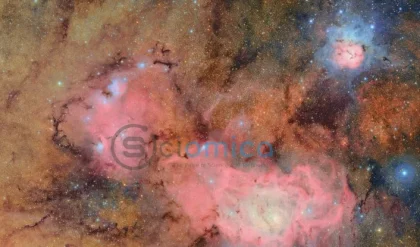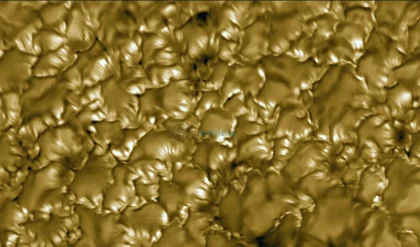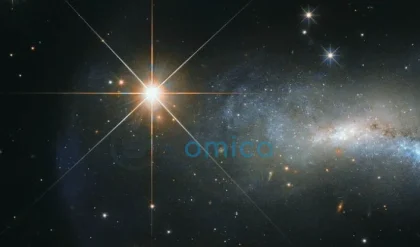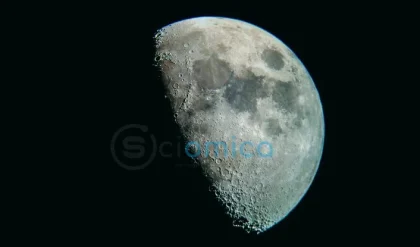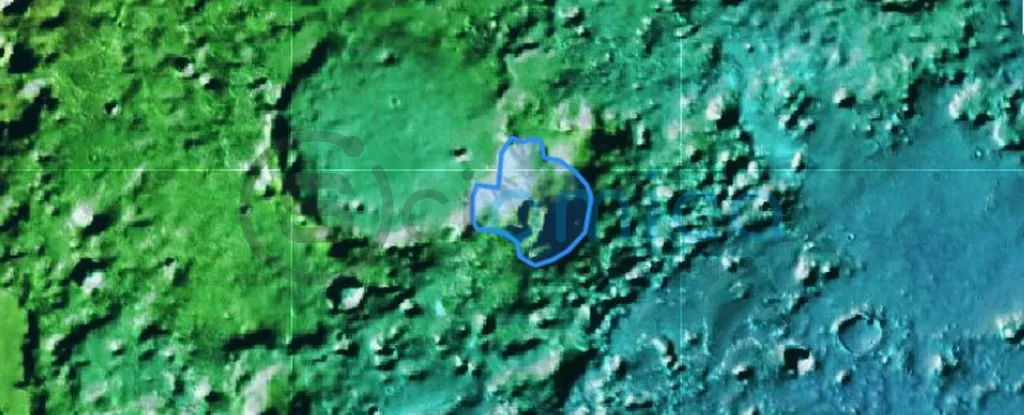
In a groundbreaking discovery, scientists have confirmed that a previously overlooked mountain on the rim of Jezero Crater on Mars is, in fact, a volcano, thanks to observations made by NASA’s Perseverance rover. This significant finding opens up new possibilities regarding Mars’ volcanic activity and potential habitability, as highlighted by planetary scientist James Wray from the Georgia Institute of Technology.
Wray has noted that the identification of volanic features on Mars is crucial for understanding the planet’s geological history and its ability to support life. “Jezero Crater is one of the best-studied sites on Mars. If we are just now identifying a volcano here, imagine how many more could be on Mars. Volcanoes may be even more widespread across Mars than we thought,” he stated.
Initially, Wray observed the mountain, designated Jezero Mons, in 2007; however, at the time, there was insufficient evidence to classify it as a volcano. The Perseverance rover has since been instrumental in uncovering volcanic rocks within the crater, strengthening the hypothesis that Jezero Mons originated from the planet’s molten interior.
To validate the volcano’s presence, a research team led by Sara Cuevas-Quiñones from Georgia Tech conducted an extensive analysis of various Martian data sources, including the Mars Odyssey Orbiter, the Mars Reconnaissance Orbiter, the ExoMars Trace Gas Orbiter, and data collected by Perseverance. Their comprehensive investigation confirmed that Jezero Mons is indeed volcanic and possesses a volcanic crater, despite being dormant for an extended period.
The implications of this discovery are significant. Jezero Crater once functioned as a lake, and its proximity to Jezero Mons could have created an environment warm enough to nurture life millions of years ago when both water and volcanic heat were present.
“The coalescence of these two types of systems makes Jezero more interesting than ever,” Wray remarked. “We have samples of incredible sedimentary rocks that could be from a habitable region alongside igneous rocks with important scientific value.” This duality presents rich opportunities for ongoing and future exploration within the crater.
The implications of the study extend beyond just Jezero Crater, as it raises questions about the extent of volcanic activity on Mars as a whole. With evidence of volcanic activity emerging from one of Mars’ most researched areas, scientists are encouraged to reconsider the potential of other regions on the planet.
The findings of this study, which represent a milestone in Martian geological research, were published in the journal Communications Earth & Environment. As researchers continue to analyze the Martian landscape, the discovery of Jezero Mons as a volcano not only enhances our understanding of the planet’s geologic features but also its past environments that might have supported life. This work highlights the importance of continuing to explore and investigate the red planet, as Mars reveals its secrets one discovery at a time.


